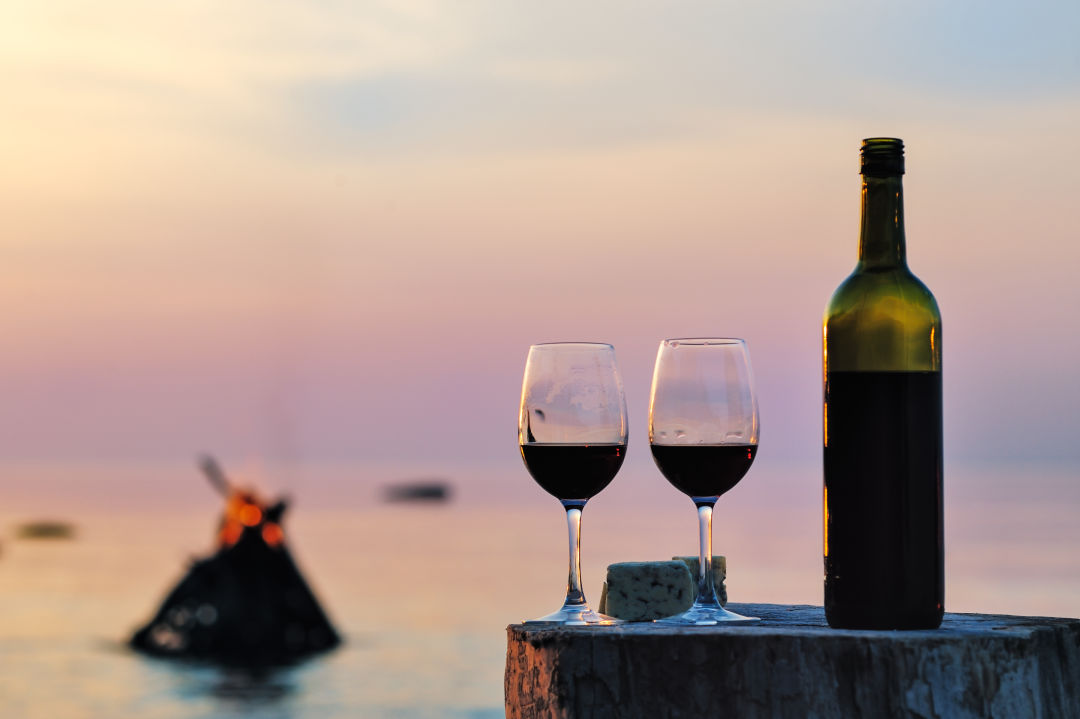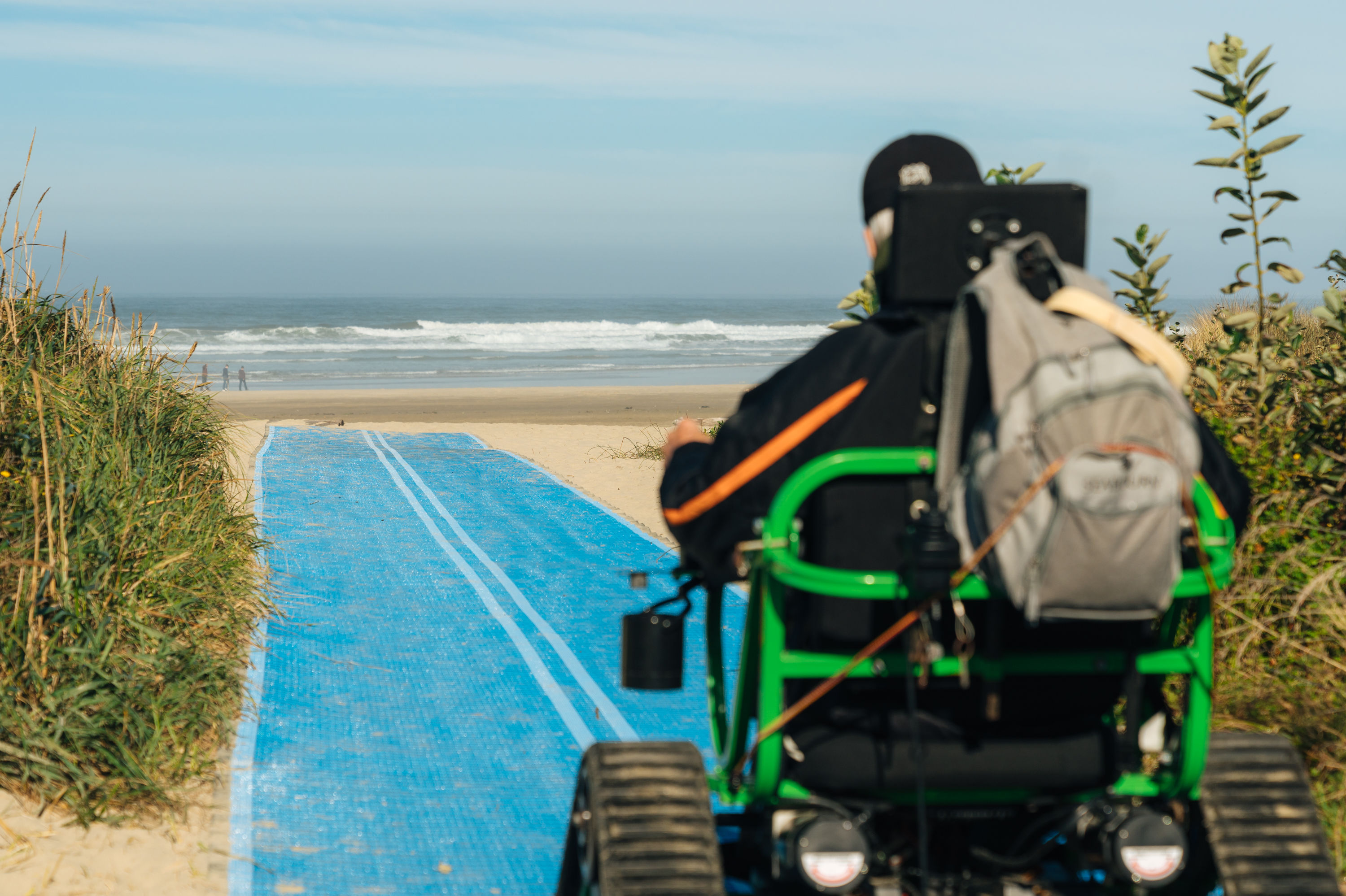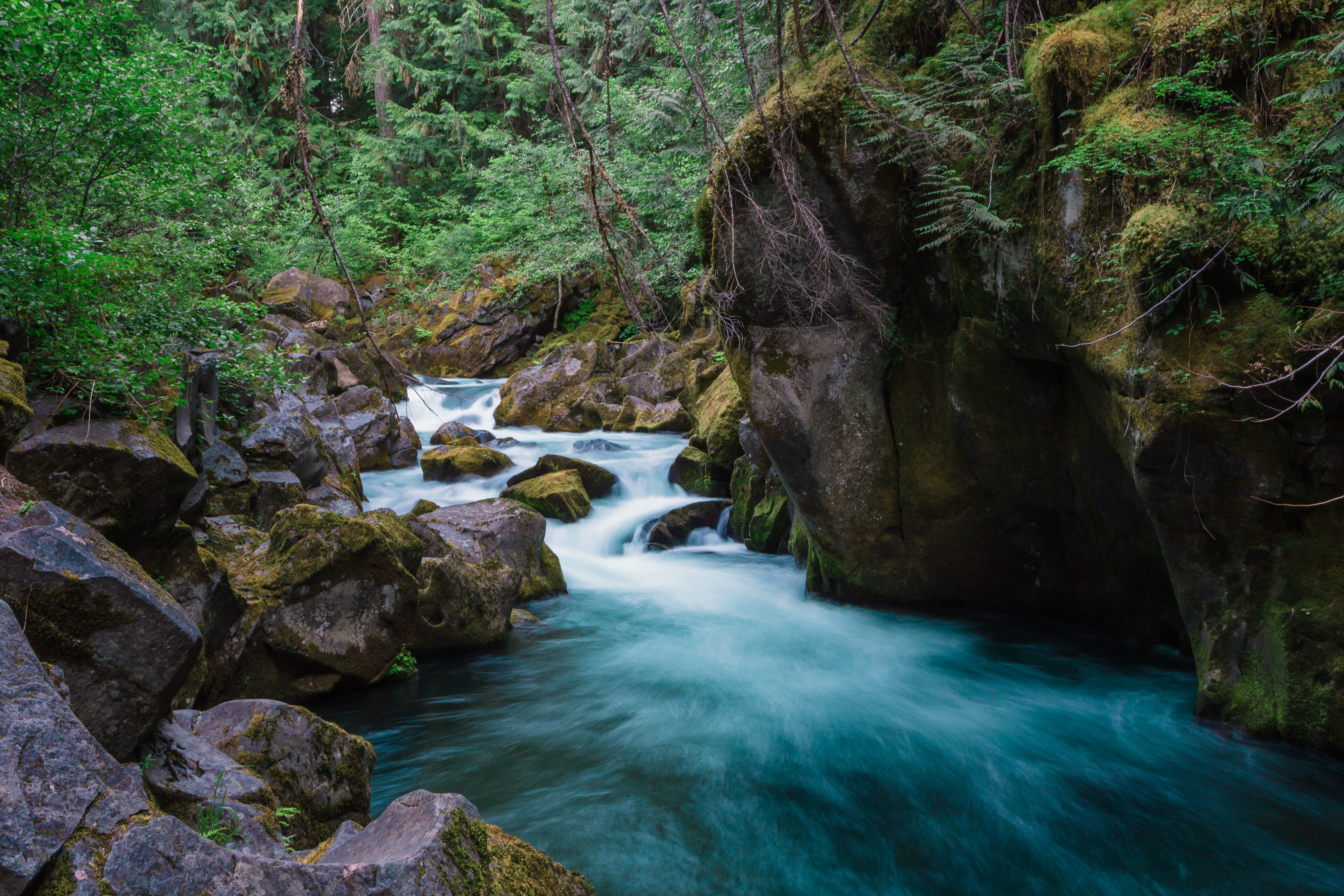Goodbye, Champagne Sunsets? A State Bill Wants to Outlaw Booze on Oregon Beaches

Could this be the end of booze on the beach?
Image: Shutterstock
Almost 50 years ago, former governor Tom McCall signed the Oregon Beach Bill, declaring beaches along the state's entire coastline open to the public. Now, a bill introduced into the Oregon House aims to take away our ability to legally toast our good fortune on those same sandy shores.
On April 4, nine Oregon representatives proposed House Bill 3441—legislation which, if passed, would ban all alcoholic beverages as well as glass containers on Oregon beaches. If the bill passes, it will become a class C misdemeanor to consume or possess any alcoholic beverages or beverages in glass bottles. (So long, Snapple.) Violators would face a maximum fine of $1,250 and/or 30 days in prison.
The bill's nine sponsors represent a knot of non-coastal districts clustered in the Willamette Valley from Springfield to Gresham. Its lead sponsor, Rep. Janeen Sollman of District 30 (D-Hillsboro), hopes the ban will reduce the amount of litter left on the beaches. As Sollman told KGW on April 5, “this is a safety and environmental problem…. As a mom, I want my kids to be able to be safe at the beach, and not have to worry about buried broken glass or other preventable hazards."
Though it is common for states and districts to ban drinking on beaches during spring break—Panama City Beach, Florida, has such rule—we're unaware of any state that bans drinking on all of its beaches. The bill also marks a departure from Oregon's relatively lax state laws on drinking in public.
While such a ban would likely reduce the amount of bottles and cans left behind, some data seems to pinpoint other sources of litter as the real pollution culprits on Oregon's public coast. Land stewardship nonprofit SOLVE—which has collected litter data with the help of the Ocean Conservancy since 1986—cites the top five items recovered by volunteers since 2008 as cigarette butts, caps/lids/straws/stirrers, food wrappers/containers, plastic bags, and plastic beverage bottles. With neither alcoholic nor glass bottles making SOLVE's top five, the question remains: how much will the alcohol ban help reduce overall litter on the coastline?
This is not the first time a perceived vice has come under fire on the coast. In 2014, a bill was proposed to ban smoking on beaches and in state parks. This attempt also sought to reduce the amount of litter left behind, but was unsuccessful due to substantial opposition by coastal communities and complications with enforcement.
The alcohol bill remains in its early stages, with no house committee meetings scheduled as of press time.
In the meantime, a friendly reminder to casual beachgoers and bonfire boozers: don’t ruin this still-legal delight for everyone. There's no reason to wait for official legislation to practice Leave No Trace. Consider bringing reusable cups, and showing some local love by filling up an insulated growler (or two) at one of the coast's proliferating breweries, from Newport's Rogue Ales & Spirits to Pelican Brewing in Pacific City and Astoria's brand-new Reach Break Brewing. And please pack out your empties! Oregon beer, wine, spirit, and sunset lovers thank you.




